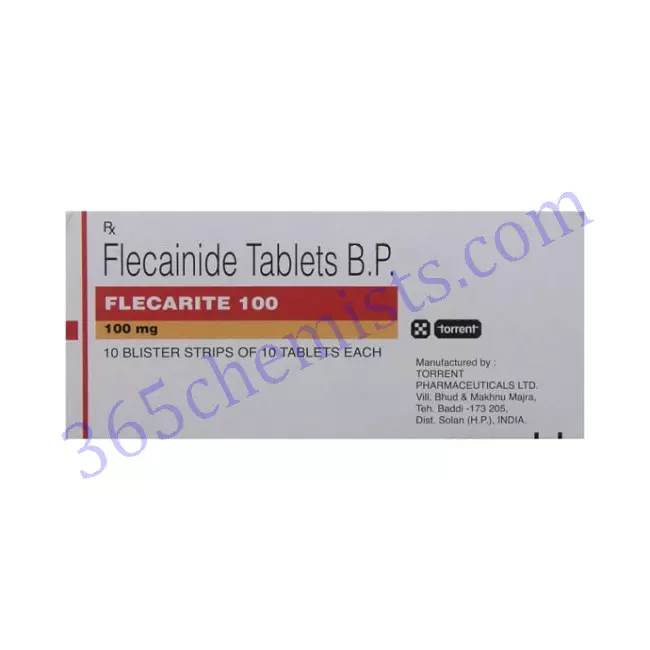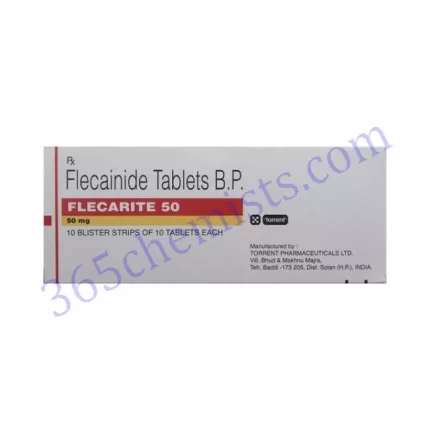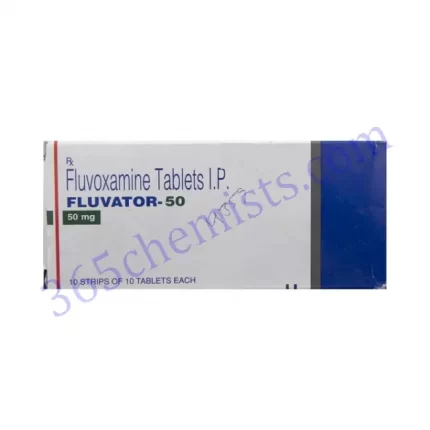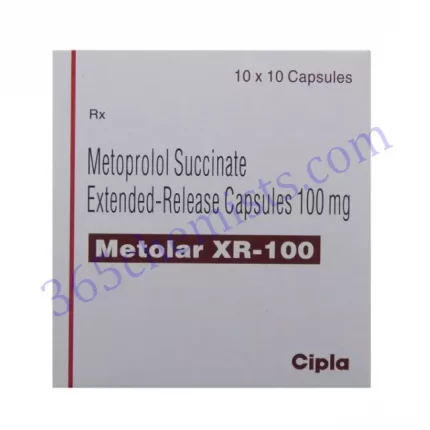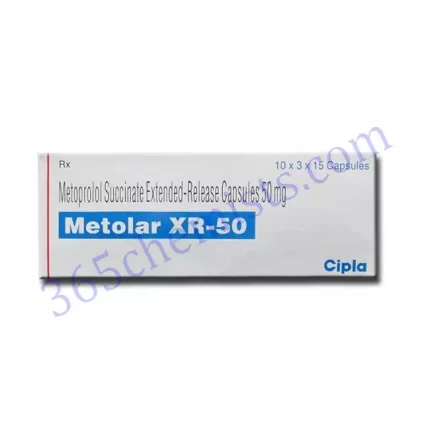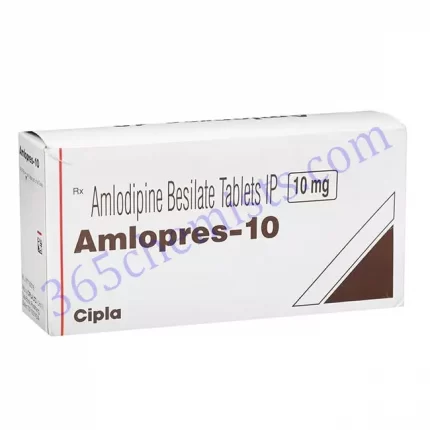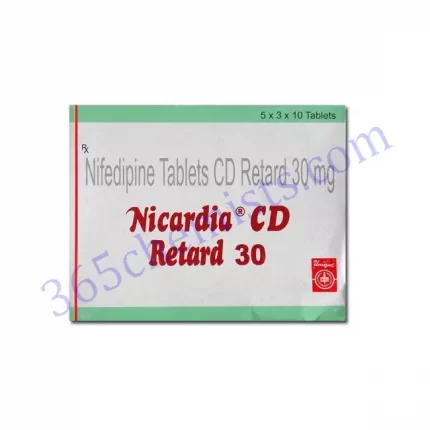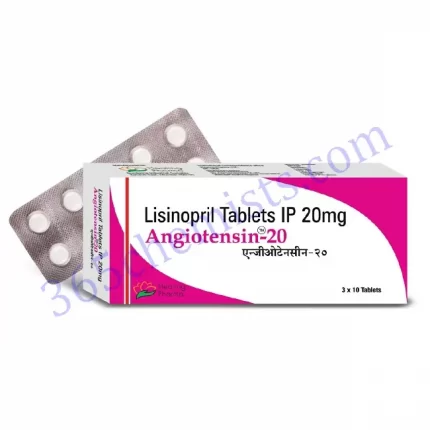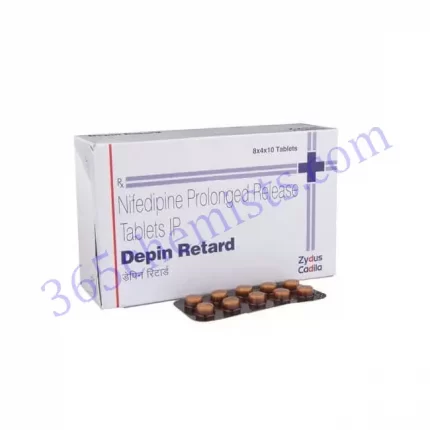Flecarite 100mg Tablet (Flecainide 100mg):
The medication known as Flecarite 100mg Tablet, which contains the active ingredient flecainide 100mg, is prescribed to patients suffering from a variety of heart rhythm disorders. It is categorised as an antiarrhythmic drug, which means that it belongs to a group of medications that are designed to regulate abnormal heart rhythms and, as a result, bring back a regular heartbeat. This article provides a comprehensive overview of Flecarite 100mg Tablet, covering topics such as its applications, modes of action, dosage, potential adverse effects, and safety considerations.
Uses
Atrial fibrillation and atrial flutter are two types of supraventricular arrhythmias, and the primary indication for the use of the Flecarite 100mg Tablet is the management of these conditions. Additionally, it is utilised in the treatment of ventricular arrhythmias, including ventricular tachycardia, which is a form of ventricular arrhythmia. The Flecarite 100mg Tablet can help to restore a normal heart rhythm and improve overall cardiac function by regulating the electrical impulses that are produced within the heart. It plays a significant part in preventing complications associated with irregular heart rhythms and improving the quality of life for individuals who suffer from these conditions.
Mechanism of Action
The active component in Flecarite 100mg Tablet is called flecainide, and it works by blocking specific ion channels in the heart. This inhibits the abnormal electrical signals that are the root cause of irregular heart rhythms. It primarily focuses on sodium channels, which results in a decrease in the conduction of electrical impulses in the muscle of the heart. This assists in reestablishing a regular rhythm in the heart and helps to prevent the occurrence of arrhythmias. As a result of its strong affinity for cardiac tissues, flecainide is an effective medication for the regulation of abnormal heart rhythms.
Related Product
Flecarite 50mg Tablet
Flecarite 100mg Tablet
Dosage and Administration
It is recommended that a healthcare professional determine the appropriate dosage of Flecarite 100mg Tablet for each individual patient based on a number of factors, including the patient’s age, weight, medical condition, and individual response to the medication. The recommended method of administration for the Flecarite 100mg Tablet is by mouth, either with or without food. It is possible for the dosage to change depending on the particular arrhythmia that is being treated. It is essential to take the medication exactly as it was prescribed and to strictly adhere to the treatment plan that was suggested. During treatment, it is necessary to perform routine monitoring of the patient’s heart rhythm as well as the levels of flecainide in their blood.
Side Effects
Although the Flecarite 100mg Tablet is generally well tolerated, it is possible for some people to experience certain adverse effects from taking it. Dizziness, headache, blurred vision, nausea, and fatigue are some of the more common adverse effects that may occur. These adverse effects are typically mild and transient, meaning that they go away on their own over time and do not require any special treatment or attention. However, it is imperative that a medical professional be contacted in the event that any of these potential adverse effects continue or become more severe. Flecarite 100mg Tablet may, in extremely unusual circumstances, result in more serious adverse effects, such as an exacerbation of preexisting arrhythmias, heart block, or proarrhythmia. During treatment, it is recommended to keep a close eye on how your heart is functioning and to check in with a medical professional on a consistent basis.
Precautions
Before beginning treatment with Flecarite 100mg Tablet, it is essential to communicate any pre-existing medical conditions, allergies, or medications that are currently being taken to the healthcare professional who is prescribing the medication. While taking Flecarite 100mg Tablet, patients with certain medical conditions, such as heart failure or conduction disturbances, may need to exercise caution or have their dosage adjusted. It is essential to abstain from engaging in behaviours that are associated with an increased risk of arrhythmias, such as drinking an excessive amount of alcohol or taking stimulant medications. During treatment with Flecarite 100mg Tablet, it is recommended that the patient have their heart rhythm and cardiac function monitored on a regular basis.
Conclusion
Flecarite 100mg Tablet is a medication that is used in the management of certain heart rhythm disorders. Each tablet contains 100mg of the active ingredient flecainide. It does this by helping to restore a normal heart rhythm and improving the overall function of the heart by controlling abnormal electrical impulses in the heart. When trying to achieve the best possible results, it is absolutely necessary to take the medication exactly as directed and to stick to the treatment plan that was suggested. When incorporated into a comprehensive management strategy, the Flecarite 100mg Tablet has the potential to significantly improve an individual’s quality of life when dealing with supraventricular and ventricular arrhythmias. The key to ensuring that the use of Flecarite 100mg Tablet is both safe and effective is to perform routine monitoring and keep an open line of communication with healthcare professionals.

